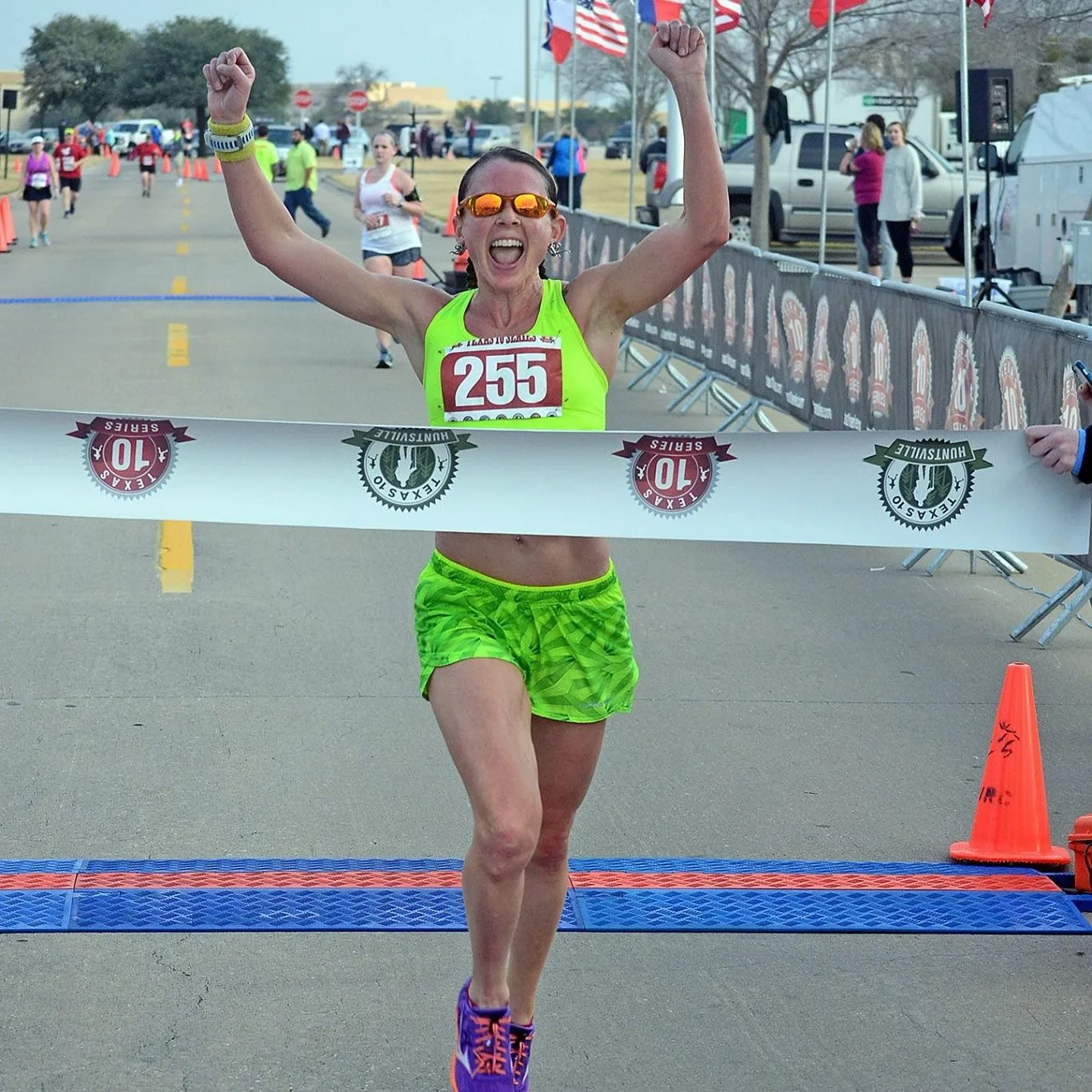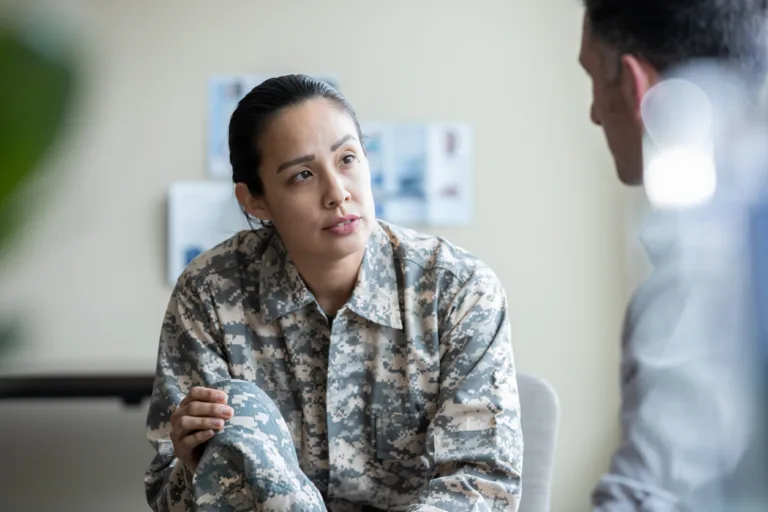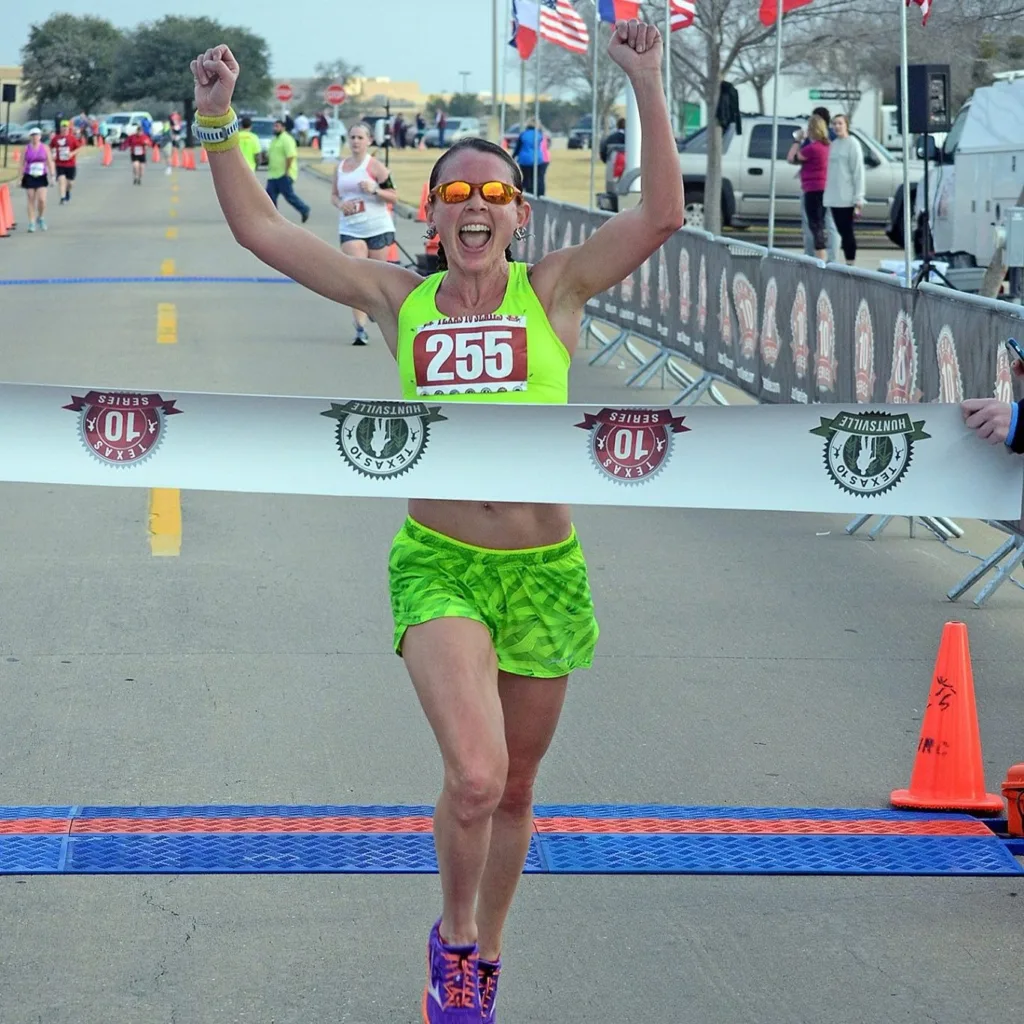As told to Erica Rimlinger
Some women wouldn’t consider talking about their gastrointestinal (GI) issues with their closest friends, let alone with their employer. Even though I didn’t consider myself a person who was easily embarrassed, I still wasn’t thrilled to find myself discussing the details of a severe case of GI distress I’d experienced in front of an Army tribunal.
I faced this tribunal after I was, to my horror, arrested for pooping in public. I’d been taken away from the scene of the incident in handcuffs.
At the time, I was as embarrassed as a human being could get, but today I’m no longer embarrassed to talk about my irritable bowel syndrome, or IBS. It’s simply too common to deserve embarrassment from any woman, including me.
I didn’t know it at the time, but women can develop IBS symptoms after a change in the type and intensity of a fitness routine. Before I joined the military at age 22, I’d never experienced any digestive issues. I’d been going to school to become a dietitian, and I was commissioned into the Army to pursue a paid internship opportunity.
I didn’t run regularly before I joined the military. I was active in other ways, including dance, but I’d never trained at the Army’s level. Military physical training is meant to change your body, and it does: sometimes in unexpected ways. For me, the onset of intense training triggered exercise-induced IBS.
I first noticed the problem during group runs that were probably only three or four miles long — but felt much longer to new recruits like me. A few minutes into the run, I’d get the feeling that I had to pull over and take a pit stop. I didn’t know what to do, who to tell, how to tell someone or how to handle it. I’d hang back, then dash off to find privacy. Time was of the essence.
I had to figure out a solution — and the sooner the better. So, I stopped eating before I ran. That didn’t help. In fact, it probably contributed to dehydration, which can make exercise-induced IBS worse. As a dietitian, I looked into possible causes in my diet. Army food wasn’t gourmet, but the type of food I ate had never bothered me before. There wasn’t a well-established IBS diet, and I didn’t know I had IBS anyway. I just knew 5 a.m. would come around again, and whether my digestive system approved or not, I’d be running again.
Once officer basic training ended, I was able to run alone. This made dealing with my digestive issues so much easier. I could plan short sprints or simply run to the nearest restroom if needed. One Saturday morning, I was doing laundry on post and using the downtime to run. In the middle of a run, urgency hit me like a brick. I dashed behind the nearest tree for privacy. But I was seen — and reported to the authorities.
Arrested, handcuffed and red-faced, I was taken to the military police station and charged with indecent exposure, public defecation and conduct unbecoming an officer. The charges were dropped when I explained how sick I was. I was told to get a diagnosis to prevent future situations like this, so I finally saw a doctor, who diagnosed me and pointed me in the right direction to find help.
I eventually figured out which foods would trigger my IBS and which foods made it worse. It took me a while to find my ideal pre-running meals. Complex carbs were good for me, and I’ve found taking glutamine to be helpful. Everyone’s IBS is unique, and the foods that trigger the condition are different for everyone. For me, avoiding certain foods, drinking enough water and timing my exercise with food played a role in my recovery.
Some women will always be able to eat what they want before they run. I’m not one of those women, and I didn’t know it until I joined the Army and really started running. Ironically, even as running drills challenged my digestive system, I discovered I was good at it, and — apart from the onset of IBS symptoms — I enjoy it. I trained my digestive system to tolerate the exercise so well that I qualified for and ran on the all-Army cross country team as one of the fastest women in the Army.
I could have given up, but I’m glad I had the grit to fight through. Since that challenging introduction to running, I’ve run multiple marathons, half-marathons, Army ten-milers and more than 100 triathlons. I still have some GI issues from time to time — who doesn’t? — but I’ve learned how to properly fuel during these long events so the incidents are rare.
I learned from this experience that I’m always the number one advocate for my body and even if my problem seemed embarrassing at first, reaching out was the only way to get the help I needed. I hope other women find, like I did, that they aren’t alone. As the expression goes: [IBS] happens. If you need proof, just look at the line for the latrine before a run.
Have a Real Women, Real Stories of your own you want to share? Let us know.
Our Real Women, Real Stories are the authentic experiences of real-life women. The views, opinions and experiences shared in these stories are not endorsed by HealthyWomen and do not necessarily reflect the official policy or position of HealthyWomen.
















